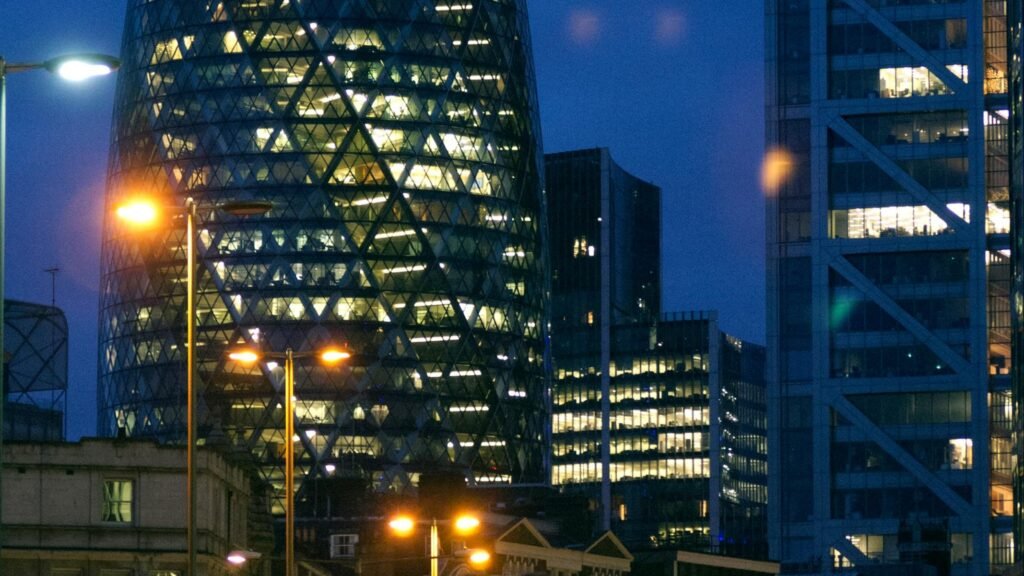UK equities are cheap, but the lack of potential good news on the horizon means other markets might be a better allocation for investors.
This is the view of James Burns, who runs £3bn of assets within the model portfolio service at Evelyn Partners.
In his latest portfolio rebalancing summary, Burns said he has taken capital from within his UK equity allocation and deployed it to Asia.
He feels Asia and emerging markets are cheap market right now, despite the potential for trade wars, with scope for positive news to boost returns.
Burns wrote: “The probability of positive news flow, from China in particular, has increased.
“Despite the risks of an escalating trade war, there is a possibility that President Trump visits President Xi in Beijing to find a mutually beneficial solution that supports both the US and Chinese economies.
“There are also signs that the technology sector is coming back into favour with Chinese leadership, as evidenced by President Xi’s recent meeting with Jack Ma, the co-founder of Alibaba, the China tech giant.”
Overreacting markets
Ben Seager Scott, chief investment officer at Forvis Mazars, has also reduced his UK equity exposure, although he has headed for the US.
His view is that the market has “over reacted” by selling off US equities even as political risk rises, while the UK market rose by 2.8 per cent in the first quarter.
Seager Scott’s view is that the rise in UK equity prices has happened during a period where the earnings outlook for UK-listed companies hasn’t improved, and where the risk of a further economic downturn remains potent.
With that in mind, he has sold some of his UK equity exposure, which he owned via an index fund, and instead deployed the capital into a US equity index fund.
The probability of positive news flow, from China in particular, has increased.
James Sullivan, head of partnerships at Tyndall, said the UK was “unquestionably cheap”, but that in order for an asset class to be a good investment it must not “stay cheap”.
He explained: “There needs to be a spark. Our sense is that the tinder is in place and is very dry.
“Earnings looks very reasonable, companies are broadly in good health, and there appears to be a flight of capital out of the US market that needs to land somewhere.
“The UK is so oversold, it won’t take many crumbs from the US tech table to make a big difference to the rating and in turn, the performance, of the index.”
That said, he urged investors to recognise that the FTSE adds wonderful diversification benefits to a portfolio, justifying its inclusion as it did in 2022.
Sullivan added: “The more value orientated, higher yielding, defensive nature of the constituents has an (often unappreciated) role to play.
“Diversification is a little like the airbag in our cars; we would be forgiven for not recognising the benefit until we need it, but it would be foolish to go for a drive without it.”
Catalysts to improve returns
Ian Lance, who runs about £5.5bn of UK equity money at Redwheel, including the Temple Bar investment trust, said: “In terms of catalysts to improve the returns from the UK market, takeover activity has been very significant, and share buybacks, which are becoming a big part of the market.
The managers have shares in Barclays and NatWest, which were trading very cheaply, but went up 80 per cent last year.
He said: “Not that much changed within those companies, [their boards] just sat back last year and bought back their shares.”
Lance acknowledged that the UK market cannot exist forever in a cycle of companies exiting the market via takeovers, with no new companies joining, but said he felt there were a number of years yet before that becomes a major problem.
He said he was more more concerned that UK companies are not sold off too cheaply, despite the negative sentiment towards the asset class right now.
Lance added: “We are very big shareholders in Curry’s, the retailer. Last year Elliot bid 60p per share for the company. We advised the board that we thought the company was worth at least £1 per share, so not to entertain the bid.
“The board duly rejected the bid, Elliot came back with another, at 66p per share, and that was rejected as well. Now the shares are trading at over £1.”

